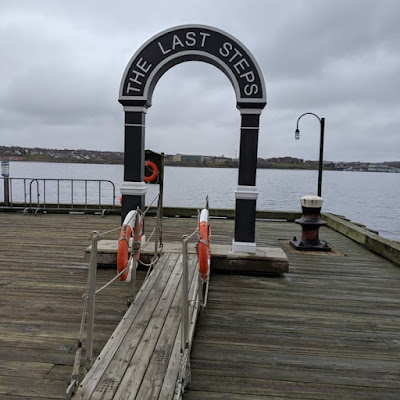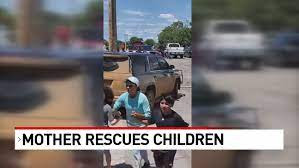You're a middle-class American, right?
You have enough money in the bank to be a Chase Private Client, which entitles you to a Chase Private Client debit card.
You've accumulated enough points staying at Hilton hotels to hold a Diamond status on your Hilton Honors card.
When you travel on business, you frequently rent cars from Budget, and you expect Budget to treat you with exceptional courtesy and to be helpful if you have a problem.
Let me set you straight in the parlance of our times. That don't mean shit!
American corporations don't give a damn about their customers, and their television ads, bonus programs, and so-called special services are just bullshit.
I have enough bucks at Chase Bank to qualify as a Chase Private Client. A few years ago, $3,000 left my account through fraud. Chase detected the scam in time to stop the transfer but concluded that the transfer had to go through.
I protested, pointing out that I was a Chase Private Client. The answer I got? "We treat all customers the same." When I contacted my so-called "financial advisor," he pleaded with me not to use the word "fraud" in my email messages because that would cause him trouble with the FTC.
I filed a complaint with the Consumer Financial Protection Bureau, the Federal Trade Commission, and the Federal Banking Commission, and I finally got my money back. Still, I learned from that experience that being a Chase Private Client doesn't mean squat.
I have enough points with the Hilton Honors program to qualify as a Diamond-Level customer. Big whoop! When I called late one night to make a last-minute reservation, some guy at the call center tried to get me to listen to a spiel about timeshares!
Later, I stumbled outside the front door at the Hilton hotel in Halifax and scraped my elbow. My wife asked the desk clerk at the registration desk for some bandaids, and he replied that the hotel doesn't have a first aid kit. And by the way, the desk clerk said that without looking up from his cellphone. (He eventually found us some bandaids.)
Wanna hear about Budget Rentacar? I rented a Budget rental car at the Phoenix airport two years ago. Electric power went down, making the rental car center a chaotic nightmare.
The car I rented had a minor scrape, but I couldn't report that fact to any Budget employee due to the confusion caused by the electricity shutdown.
When I returned the car, Budget claimed I had scraped it and billed me for $400. The Budget brochure I obtained at checkout stated that any dispute must be arbitrated and gave me an address in New Jersey.
So I sent a certified letter to Budget's address in its brochure. You know what? Budget's hacks wouldn't accept the letter!
I finally got that straightened out, but I learned something from my experience with Budget. If you've got a problem, it's impossible to get in touch with anyone who has the authority to solve it.
I still patronize the Hilton hotels, bank with Chase, and occasionally rent a car from Budget, but I have learned something in my dealings with corporate America.
Corporate employees who interact with the public are generally polite and strive to be helpful. I always compliment these people when I'm asked to fill out an online survey. I always tip people when it is appropriate to do so.
Unfortunately, the employees who work for corporate America are powerless to solve a customer's problems because the corporate shills at the top of the food chain won't let them.
Have yourself a nice day. And if you spend the night at the Hollis Hilton in Halifax, bring your own first aid kit!
 |
| Hollis Hilton: Bring your own bandaids |

















